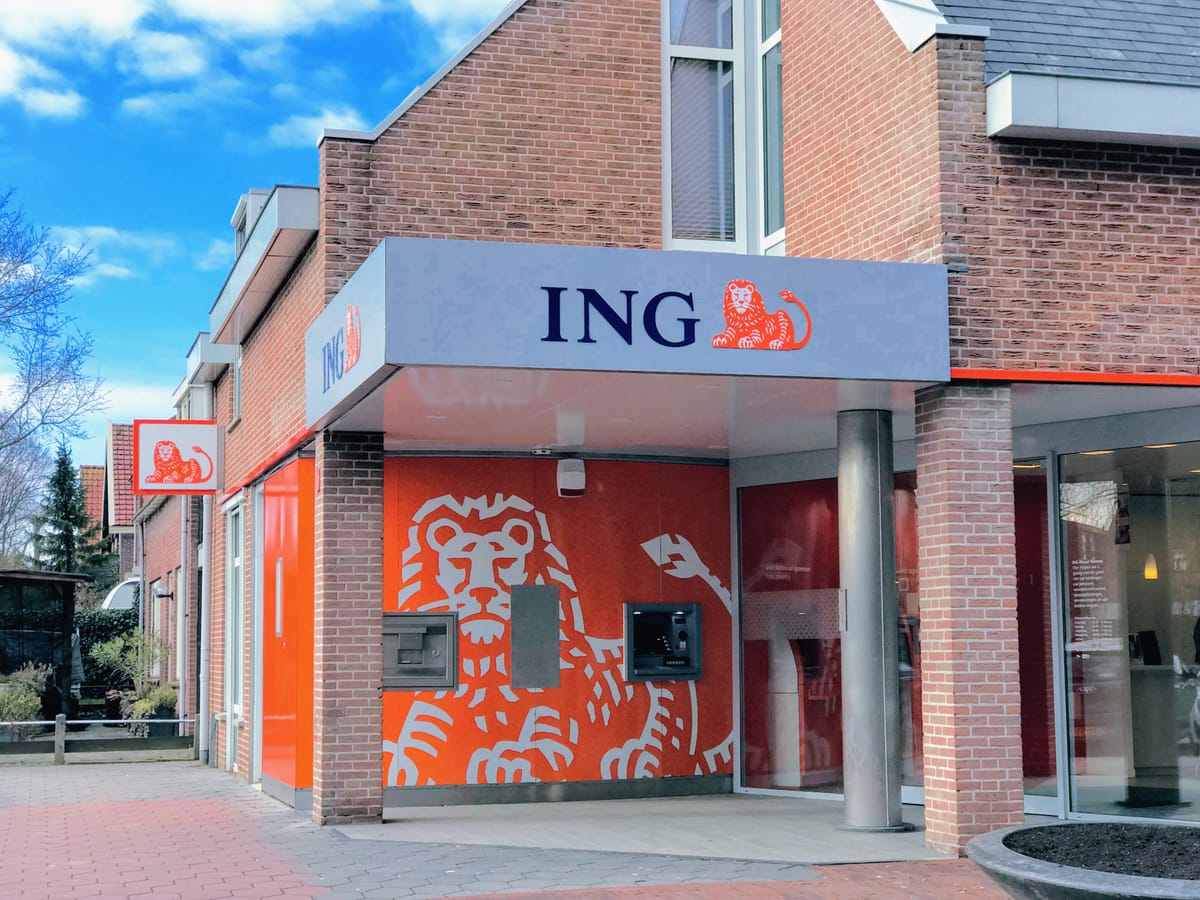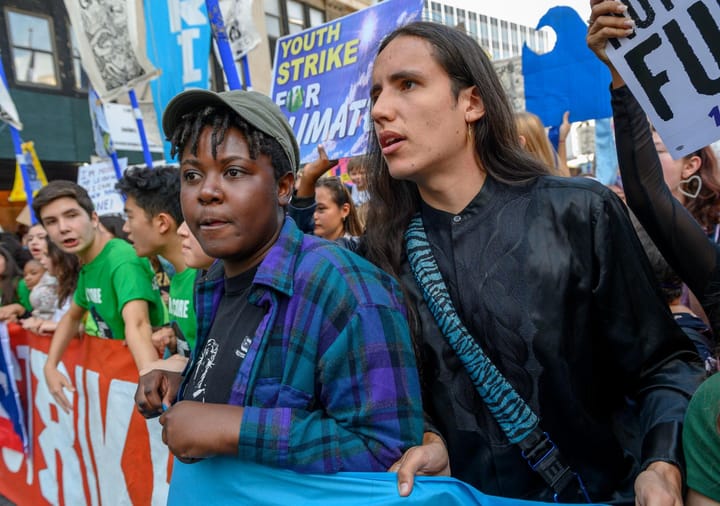Dutch Climate Campaigners Sue The Netherlands’s Largest Bank

The Dutch environmental NGO Milieudefensie (Friends of the Earth Netherlands) formally filed a lawsuit today against ING, the largest bank in the Netherlands, challenging the bank’s climate policies. The lawsuit seeks to compel ING to align its financing activities with the goals of the Paris Climate Agreement. By taking this action, Milieudefensie hopes to set a precedent for holding financial institutions accountable for their role in financing fossil fuel companies and high-carbon sectors that exacerbate the global climate crisis.
“If we succeed, this will be a major breakthrough in achieving climate stabilization globally,” Donald Pols, director of Milieudefensie, said during a press briefing last week. He noted that ING, as one of the 30 largest banks in the world, has a substantial impact on the broader financial sector.
“Milieudefensie is demanding that ING halve its emissions by 2030 and stop financing companies that start new oil and gas projects,” Pols said.
The environmental organization, which previously won a landmark verdict against Shell that was recently overturned on appeal, initiated legal proceedings against ING last year by sending a letter to the bank’s CEO outlining what Milieudefensie believes are legal violations and issuing demands for ING to agree to in order to avoid litigation.
Milieudefensie is demanding that ING: slash its total greenhouse gas emissions (including financed emissions) in half by 2030 and continue reducing emissions thereafter in line with climate science; reduce its emissions in eight polluting sectors it finances, such as steel and aviation; cease financing companies that are developing new oil and gas projects; and require that large companies it finances have solid climate transition plans.
Milieudefensie said it drew up a formal case filing after ING refused to meet these demands. The NGO delivered the summons to ING on March 28 at the bank’s headquarters in Amsterdam.
“Today we show that we will no longer idly sit by and watch how ING jeopardizes the future of our children and grandchildren. ING must cease its participation in making the climate crisis worse by knowingly investing billions in polluting companies,” Pols said in a statement.
ING’s self-reported CO2 emissions in 2024, according to Milieudefensie, were 262 million metric tons, which is more than one and a half times that of the Netherlands. The bank holds more than 30 billion euros in outstanding loans to the fossil fuel sector and has helped fossil fuel companies access over 83.2 billion euros in bonds since the adoption of the Paris Agreement in December 2015, Milieudefensie says.
“ING's own annual report states that ING is currently financing fossil fuel energy with 30 billion euros. This already has a disastrous effect on people living in the Global South who already have to deal with the consequences of the climate crisis,” Nicky van Dijk, research coordinator at Milieudefensie, said in a statement.
Van Dijk acknowledged the timeline of 2030, by which Milieudefensie is demanding that ING cut its emissions in half, is “quite quick.”
“However, we think that is still feasible for ING given that ING has known for 20 years that they should change,” she said. Milieudefensie has also included in its summons suggested emissions reduction targets for ING to meet by 2035, 2040, and 2050, van Djik explained.
ING is pushing back against Milieudefensie’s demands, claiming they are “unrealistic and unreasonable.”
“This latest step by Milieudefensie is not unexpected – they announced their plans over a year ago,” Arnaud Cohen Stuart, head of business ethics at ING, said in a statement. “The demands so far do not reflect the role of a bank in the transition and do not support the systemic change that needs to happen. We would have preferred to continue our existing dialogue but will of course explain our approach in court."
Milieudefensie has filed its lawsuit in Amsterdam district court along with 30,000 co-plaintiffs, claiming ING is in breach of its “duty of care” under Dutch law and is violating European human rights law. The next step is for the court to determine whether the case is admissible. If it is, Van Dijk said a verdict is expected within about two years.
“The foundation that our demands are built on are strong and in line with the latest climate science insights,” Roger Cox, a lawyer representing Milieudefensie, said in a statement. “I am convinced that we can show the court that this is a matter of vital importance.”


